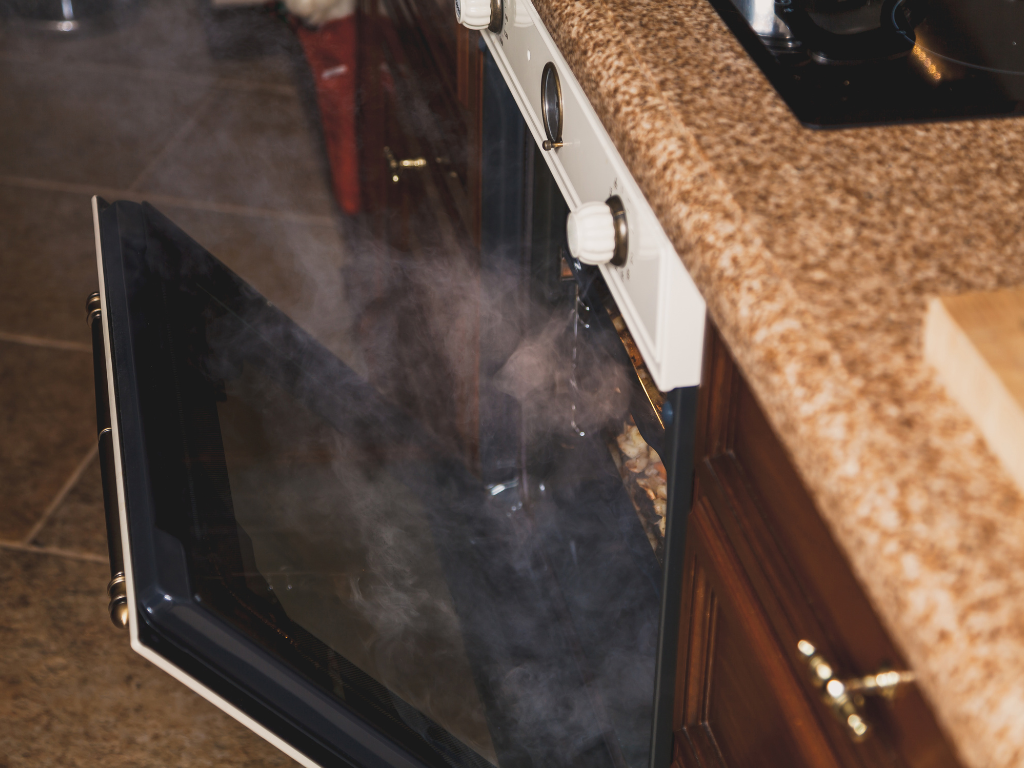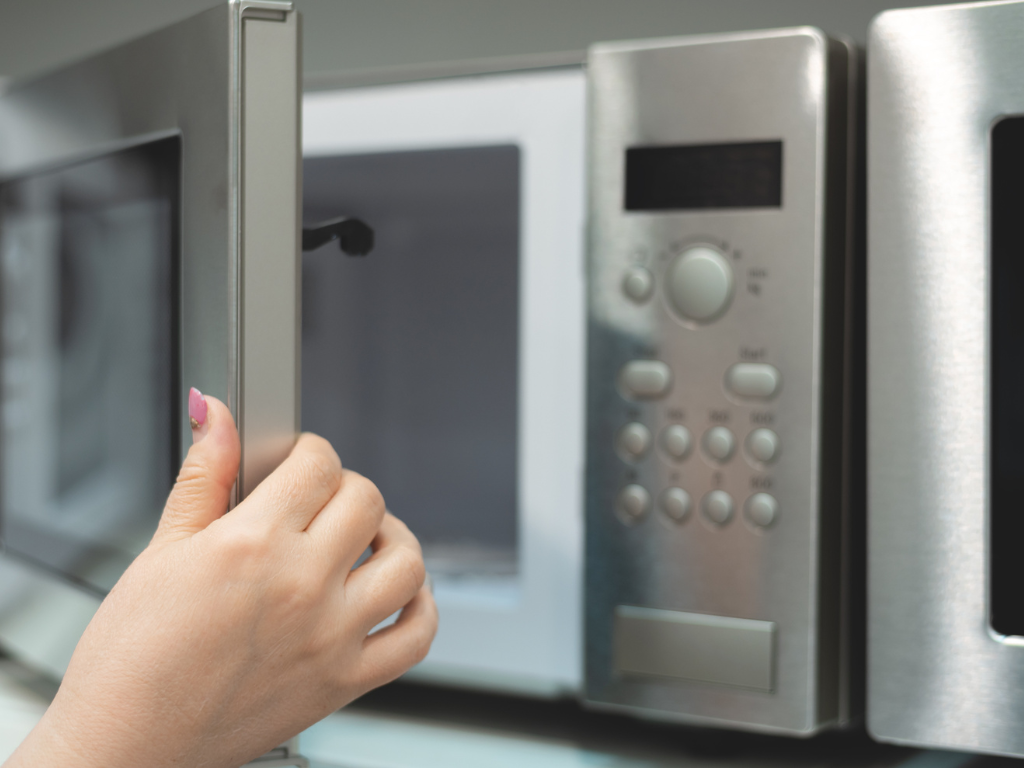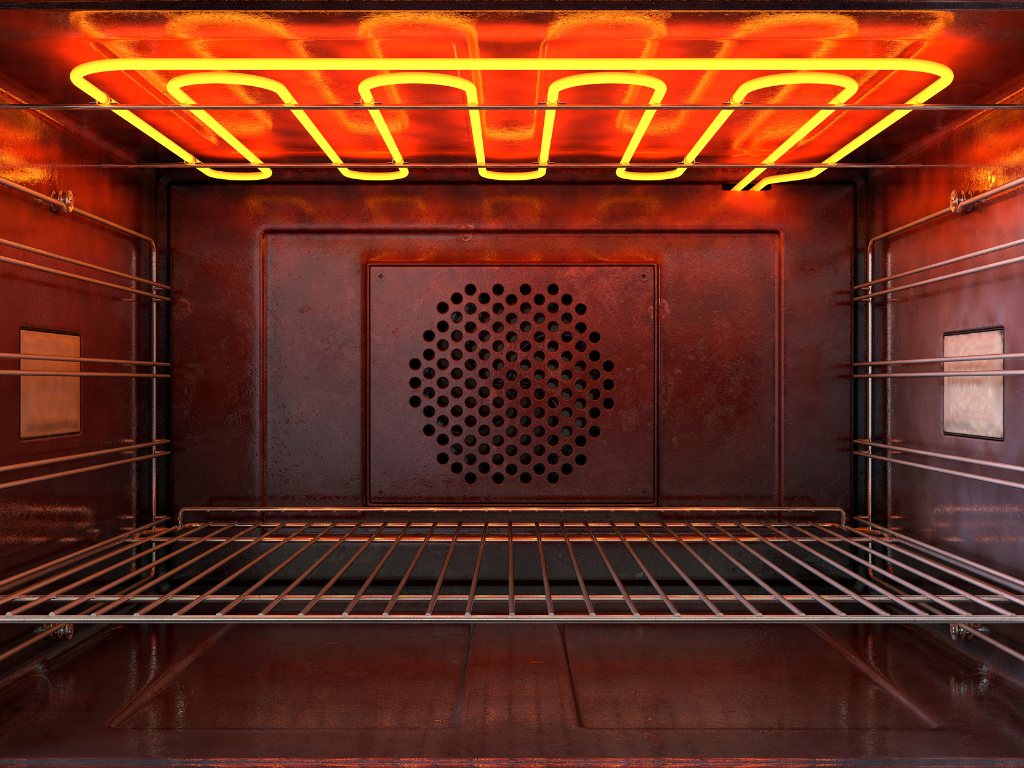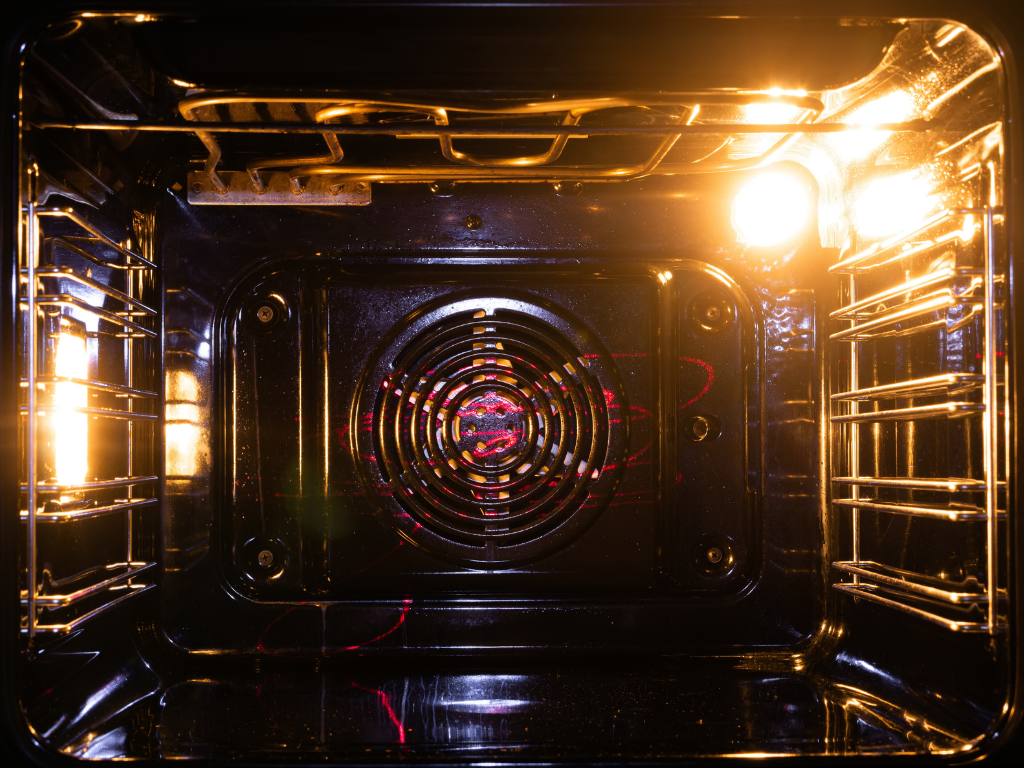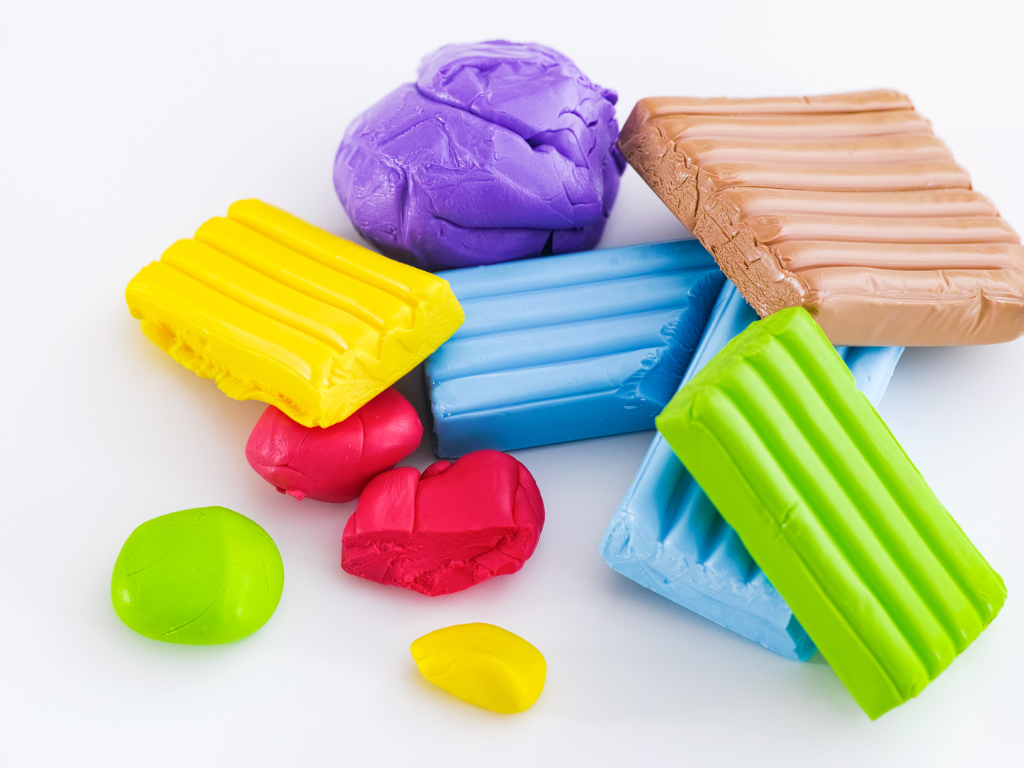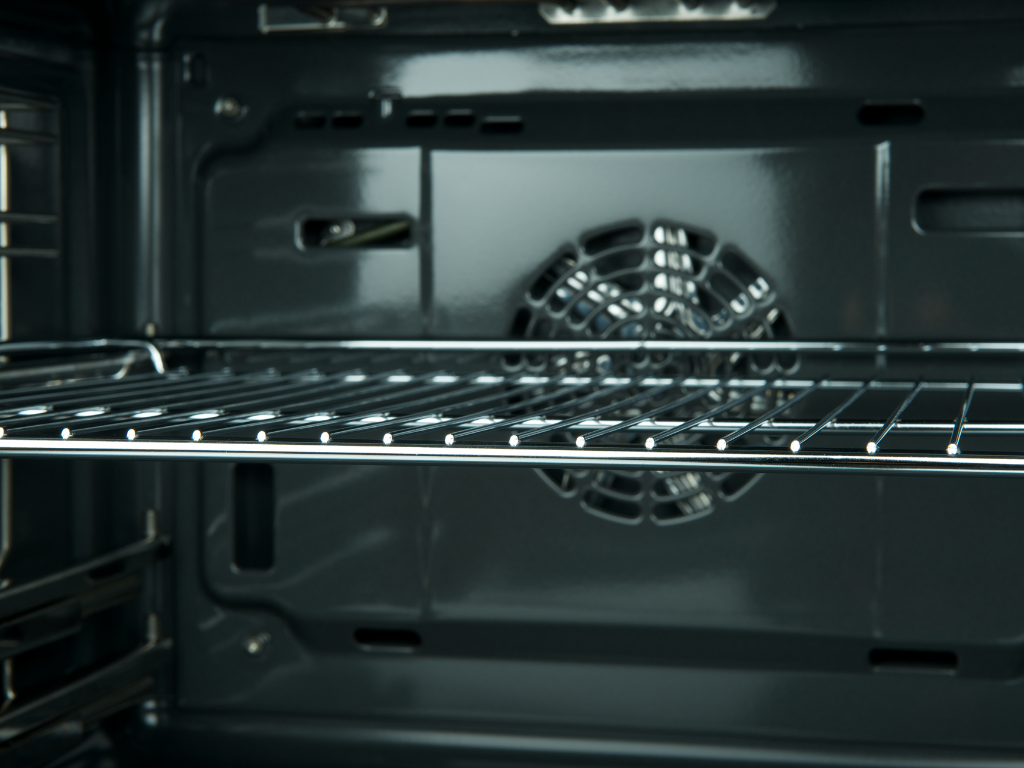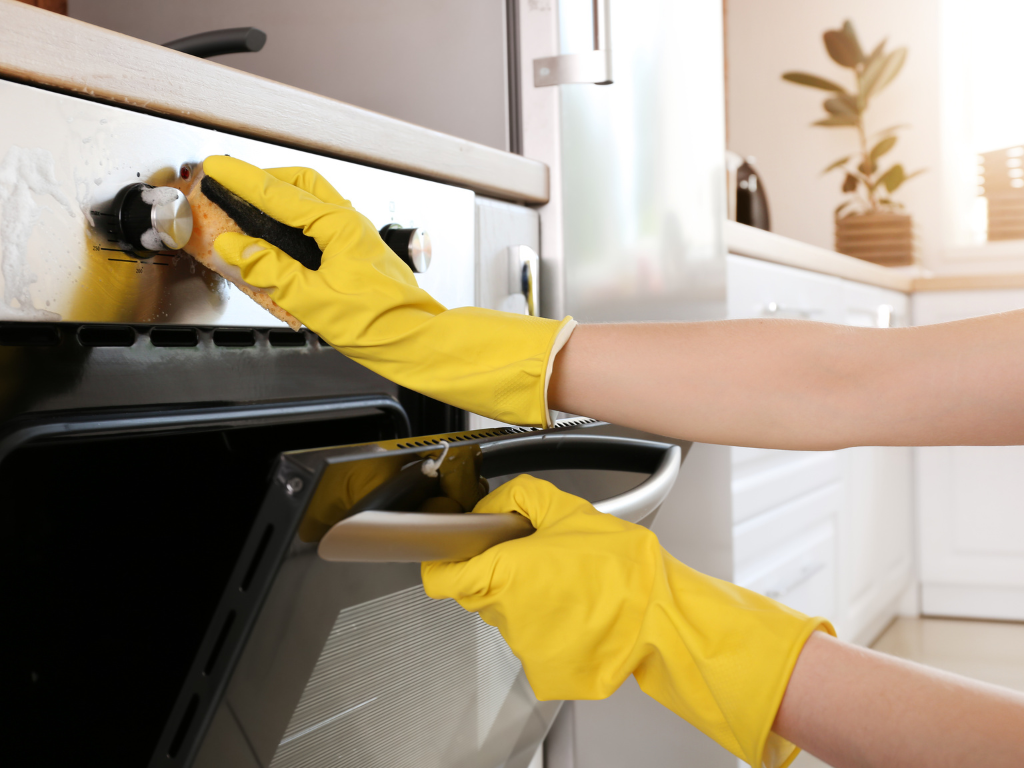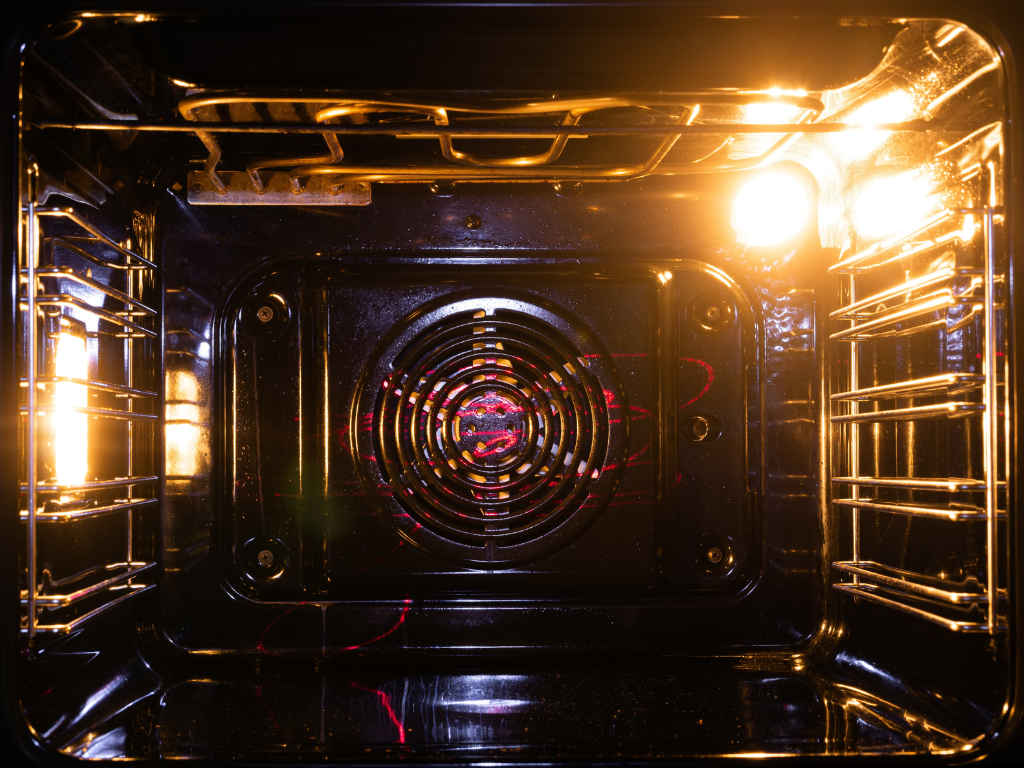Key Takeaway:
- If your oven is blowing cold air out, it could be due to a cooling fan setting or a faulty oven fan element. It’s important to troubleshoot these issues before assuming the worst.
- The vent in your oven is designed to release hot air and prevent overheating, but it can also cause cold air to blow out. It’s important to understand why your oven has a vent and how it works.
- Gas ovens can often experience issues with the flame repeatedly blowing out, which can be caused by a faulty gas valve, clogged burner ports, or an issue with the igniter. It’s important to address these issues promptly to avoid potential safety hazards.
Worried about your oven? Blowing air and making loud noises? This blog is for you! Get a guide to help diagnose and solve the issue. Let’s find out why the air’s coming out. Then, how to fix it!
Introduction
In an oven, air circulation is vital to ensure proper functioning. If you’re experiencing air blowing out from your oven, it’s essential to understand the underlying reasons to address them accordingly.
Often, a vent or cooling fan blows air out while the oven is heating up, in turn, pushing hot air out of the oven. If you’re cooking in a gas oven, the burner will circulate hot air, while electric ovens have a heating element that does the job.
However, if your oven produces air that’s too cold or doesn’t heat up, it may be due to faulty elements. It’s crucial to inspect the control panel, thermostat, and access panel to ensure they’re functioning correctly.
To fix the issue, you can try several methods. To address faulty elements, you’ll need to replace them. If you’re cooking something that’s producing too much heat, it’s best to use the exhaust fan to circulate the air, preventing the oven from overheating. If the issue persists, you can also try cleaning the vent and ensure that nothing is blocking it to improve air circulation.
Remember to turn off the oven before attempting any repairs or cleaning jobs and wait until it has cooled down. By doing so, you can minimize risks of burns, electrical shocks, or damage to the oven or surrounding space.
Why is My Oven Blowing Cold Air Out?
If you notice air blowing out of your oven, it may be due to a malfunctioning fan or a blocked air duct. This can result in cold air blowing out instead of hot air, affecting cooking times and causing dishes to burn. It is essential to have the issue fixed promptly by a professional. Additionally, regular maintenance, like cleaning the air filters, can prevent this issue from occurring. Remember to contact a qualified technician for proper repair and maintenance to ensure your oven operates safely and efficiently.
One fact to consider: according to Consumer Reports, several oven models from different manufacturers are prone to overheating and even catching fire.
Cooling Fan Settings
When we talk about the cooling fan settings of an oven, we refer to its fans that run after you turn off the oven. This article aims to provide answers to some frequently asked questions related to cooling fan settings and other details on ovens.
- These fans run in order to cool down the oven when it gets too hot.
- If these fans continuously run, it could reflect a problem with the oven’s temperature sensors or control board.
- Cooling fan settings vary based on the make and model of the oven, however, most modern ovens come with this feature.
It is quite common for users to be left puzzled by their ovens exhibiting cold air blowing out. However, this can happen when users don’t switch off the fans for several minutes after using it. In such cases, if you let the oven cool off naturally and switch it off later, you might not face any problems at all.
A user once shared her experience – She was constantly dealing with a smoky kitchen every time she used her oven as it kept blowing hot air at her dishes until they burnt. Upon inspection, she realised that her temperature sensor was faulty and needed replacement.
Faulty Oven Fan Elements
Malfunctioning Oven Fan Components
When the oven fan components experience technical problems, they can disrupt the flow of air in the oven, leading to issues like overheating and burnt food. In extreme cases, a faulty fan can cause kitchen fires. In order to prevent these hazards, regular inspection of the oven elements is essential.
A common sign of faulty fan components is when the oven fan runs continuously or when it emits foul smells from its interior. Another symptom is when the dish in the oven burns on one side while remaining undercooked on another. It’s important to address these issues as soon as possible by either replacing the malfunctioning component or calling an electrician for repairs.
Additionally, it’s always good practice to check whether your cookware and bakeware are safe for use in ovens before using them. This means being careful with certain materials like plastic, aluminum foil, and some types of ceramics that may not hold up under high temperatures. Using appropriate cooking equipment and following safe practices helps minimize risks associated with cooking in an oven.
Why is There a Vent in My Oven?
Ovens have vents placed for a good reason- to prevent overheating and ensure that cooking is carried out evenly. These vents help to circulate the hot air, ensuring that your food is cooked properly and consistently. The presence of a vent allows hot air to escape and prevent the oven’s interior from getting too hot.
It’s vital to keep the oven’s vent clean and clear from any dirt or debris as it may cause your dishes to stink or make them taste bad. Additionally, a blocked vent will impede the hot air’s flow and adversely affect the cooking process. Ensure that you don’t cover your oven’s vent with anything, as this can be unsafe.
If you encounter issues with your oven blowing air out, ensure that you check the oven’s temperature and timer settings. You can also ensure that the oven’s door is entirely sealed. Another solution would be to ensure that all the dishes are placed correctly within the oven to enhance proper air circulation.
Cleaning your oven regularly is beneficial, primarily if there is a burning smell. You can use baking soda and vinegar to do the cleaning or seek professional cleaning services. It’s also vital to avoid using bleach as an oven cleaning solution. Keeping your oven clean ensures that cooking is done correctly and enhances its longevity.
Are Ovens Supposed to Vent Heat?
Ovens vent heat for safety reasons and to prevent damage to the appliance. The venting system allows hot air to escape, while cooler air enters to maintain a balanced temperature. It also prevents pressure build-up which could cause the oven door to blow open or the dish inside to burn. The type of oven determines the location and size of the vents. Convection ovens have fans that run continuously to circulate hot air, which requires constant venting. Always check the vents for obstructions and clean them regularly. Avoiding the vents being blocked by overflowing food or spilled liquid to prevent damage to your oven.
If you notice your oven blowing air out, it’s a clear indication that the vents are working efficiently. However, if you detect a smell coming from the oven, it could be that the cleaning is required or there may be an issue with the vents. A burning odor could indicate that food spills have clogged the vents and need cleaning. Similarly, if the oven smells like lighter fluid or a dead mouse, contact customer service for assistance. Never use bleach to clean an oven, always follow the manufacturer’s guidelines.
Don’t wait for a bigger problem to arise, stay proactive in maintaining your oven. Regular cleaning of exploded glass or burnt spills in your oven can prevent oven malfunctioning. Fireproof cookware like Corningware glass lids can go in the oven, but never boil water in the oven. Always avoid hiding the vents of the oven, keep them clean and open, and don’t use surge protectors when plugging a toaster oven.
Stay on top of your appliance’s maintenance and keep an eye out for any unusual sounds or smells. Don’t risk breaking your oven by using it if the inside glass is broken. Always check the manufacturer’s guidelines for safe use of your oven to avoid any mishaps. For a safe and long-lasting appliance, maintain your oven and take care of it as needed.
Why Does My Gas Oven Keep Blowing Out?
Gas ovens may blow out due to various reasons, such as a malfunctioning ignition system, clogged burners, or gas supply issues. These problems could result in unstable flames that cause the oven to blow out frequently.
It is important to identify and fix these issues promptly to avoid dish burning or other safety hazards. Additionally, understanding the functionality of an oven’s convection fan can also help troubleshoot blowing out issues. In some cases, a continuous run of the fan may be normal; however, in others, it may indicate a clogged fan or other malfunction. Remember to always refer to the manufacturer’s instructions before attempting any repairs.
A true fact to consider is that ovens can stay on for extended periods, but it is crucial to ensure proper ventilation to prevent overheating, which could lead to a fire hazard.
Frequently Asked Questions
In this article, we will explore common issues faced by oven owners. Find answers to your questions with the help of our informative guide.
- Why is my oven blowing air out?
- Can you clean an oven with bleach?
- How long can an oven stay on?
- Can you put aluminum foil in the oven without a pan?
- Will plastic melt in the oven?
If your oven keeps turning off or smells like charcoal, it could be due to a variety of reasons. It’s important to identify the cause and follow necessary steps to resolve the issue.
To avoid these problems, it is recommended to clean your oven regularly and only use pans made for oven use. Follow the manufacturer’s instructions and do not leave your oven on for extended periods without supervision.
By taking proper precautions, you can enjoy hassle-free cooking with your oven for years to come.
Why is air blowing out of the top of the oven door?
Are you wondering why your oven is blowing air out of the top of the door? This could be the result of a convection fan that runs continuously, which helps to circulate hot air throughout the oven. It’s completely normal for this fan to be running even when the oven isn’t in use.
Additionally, if your electric oven smells like lighter fluid, it may indicate that there is a gas leak. In this case, turn off your oven immediately and contact a professional for assistance.
To clean exploded glass in your oven, first allow it to cool completely. Then, carefully sweep up any broken shards and wipe down the interior with a damp cloth. It’s crucial to avoid breathing in any glass dust or particles.
Did you know that ovens typically run on either 110 or 220 volts? Make sure to check your specific model’s voltage requirements before plugging it in.
And one true fact: according to OvenReviewsHQ.com, many Dutch ovens are designed for frying as well as slow cooking.
What happens if your oven is not vented?
When an oven is not vented, heat and moisture get trapped inside the oven. The temperature inside the oven can become too high, resulting in overheating or burning of food. Additionally, the moisture from the food can build up inside the oven, leading to mold growth and unpleasant odors.
Moreover, when a convection oven fan runs continuously without proper ventilation, it can cause a backdraft of cold air into the kitchen. This can make it uncomfortable to work in the kitchen and lead to higher energy bills due to increased demand on heating systems.
It is essential to maintain proper ventilation in the kitchen and ensure that ovens are correctly installed with proper ventilation systems in place. Regular cleaning of ovens also helps prevent lingering odors and mold growth.
To avoid putting your family’s health at risk while cooking dinner, ensure that you have a properly ventilated kitchen by consulting with professionals who will help evaluate existing ventilation options or suggest new installation types if necessary. By taking these steps today, you’ll be able to cook healthy meals without worrying about what’s lurking behind your stove!
Final Thoughts
Starting with the question of why an oven is blowing air out, it is likely due to the oven’s convection fan. This fan runs continuously to circulate hot air evenly throughout the oven, resulting in faster and more efficient cooking. However, it may also create a slight draft, leading to air blowing out from the oven. To avoid this, consider placing dishes in the center of the oven or using a cover to reduce air movement. Additionally, periodic cleaning of the oven’s interior and fan can improve efficiency and reduce air blowing out.
It is important to note that while an oven’s convection fan runs continuously, it should not emit any unusual smells, such as lighter fluid. If your electric oven does produce a strange odor, it may indicate a gas leak, and you should turn off and unplug the appliance immediately before seeking professional assistance.
As a source of true facts, the Association of Home Appliances Manufacturers recommends cleaning oven glass regularly with a non-abrasive cleaner designed for glass cooktops. This will help prevent stains and ensure the glass remains fully functional.
5 Well-Known Facts About Why Is My Oven Blowing Air Out:
- ✅ Your oven may be blowing air out because of a faulty cooling fan that needs to be replaced. (Source: HomeServe)
- ✅ A clogged air filter can cause an oven to blow out air in the wrong direction. (Source: Mr. Appliance)
- ✅ A malfunctioning heating element can cause your oven to blow out hot air. (Source: Repair Clinic)
- ✅ Improper installation or ventilation can also cause your oven to blow air out. (Source: It Is Fixed)
- ✅ Ovens blowing air out may be a sign of other underlying issues that require professional inspection and repair. (Source: Angie’s List)
FAQs about Why Is My Oven Blowing Air Out
Why is my oven blowing air out?
There could be several reasons why an oven is blowing air out, but the most common reason is the convection oven fan. Unlike regular ovens, convection ovens have a fan that circulates hot air, resulting in faster and more even cooking. Does a convection oven fan run continuously? Yes, it does, even when the oven is not in use. If the fan is blowing air out more than usual, it could be a sign of a malfunctioning fan.
Why does my electric oven smell like lighter fluid?
If your electric oven smells like lighter fluid, it could be due to residue from cooking spray or oil. When the oven is heated, the residue can vaporize and produce a smell similar to lighter fluid. To get rid of the smell, clean the oven thoroughly with soap and water, and avoid using cooking spray or oil in the future.
Can silicone ice trays go in the oven?
No, silicone ice trays are not suitable for use in the oven. They are designed to withstand only low temperatures and can melt or deform if exposed to high heat. Always check the care instructions on your silicone products before using them in the oven.
How do I clean exploded glass in the oven?
If glass has exploded in your oven, follow these steps to clean it safely:
- Turn off the oven and let it cool completely.
- Wear gloves and carefully remove any large pieces of glass with a damp towel or paper towel.
- Sprinkle baking soda on any remaining glass and let it sit for 15-20 minutes.
- Vacuum up the baking soda and any remaining glass with a hand-held vacuum or brush.
- Wipe down the oven with a damp cloth or sponge.
Why does my oven smell like a dead mouse?
If your oven smells like a dead mouse, there could be an actual dead mouse in it. Mice and other small rodents can sometimes get trapped inside appliances and die, leaving a distinct odor behind. If you suspect there is a dead mouse in your oven, turn off the oven, unplug it, and call a professional to remove it.
Is Revere Ware safe?
Yes, Revere Ware is safe to use. It is made from high-quality stainless steel and copper and is known for its durability and even heating. However, like any kitchen product, it is essential to follow the care instructions and avoid exposing it to extreme heat or abrasive cleaners.
